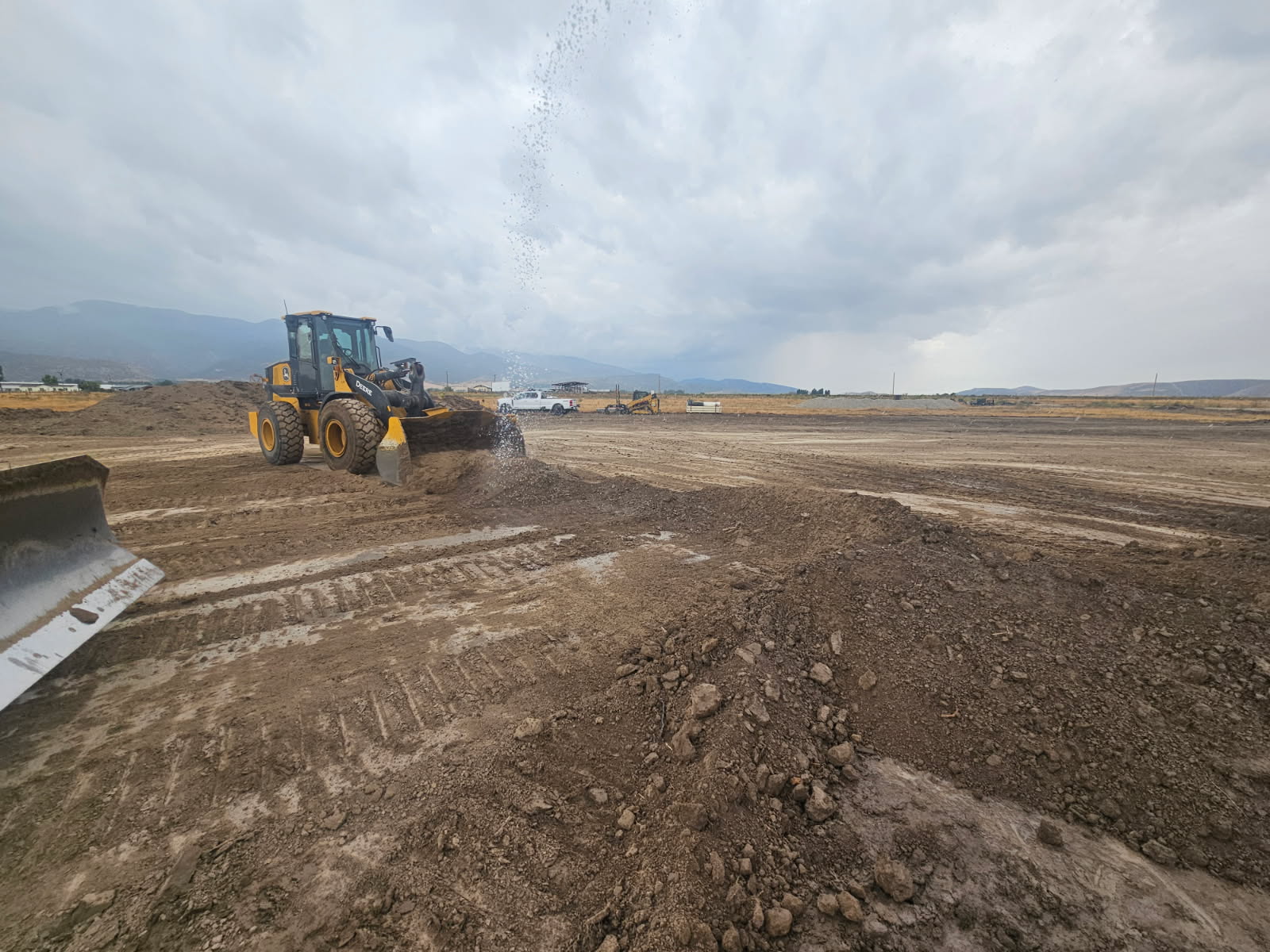
Sustainable Excavation Practices: Balancing Development and Environmental Impact Aug 21, 2025
Sustainable excavation begins with thorough planning and design. Before any physical excavation takes place, companies should conduct comprehensive site assessments to understand the existing environmental conditions. Choosing the right equipment and techniques for the specific landscape and project goals is crucial. For instance, opting for machinery that is more fuel-efficient can significantly reduce the carbon footprint of a project. Equipment choices alone can make a substantial difference in minimizing the long-term impact on the local ecosystem.
Another core component of sustainable excavation is soil management. The handling of topsoil is critical because it contains the nutrients essential for regrowth and successful vegetation of the project area post-excavation. DL Dirtworks LLC, for example, focuses on careful topsoil removal and storage techniques to ensure that this vital layer can be reused effectively. By preserving and reapplying topsoil, projects are more likely to restore the landscape quickly and naturally, supporting native biodiversity.
Water management is also a pivotal aspect of sustainable excavation. Poorly managed water runoff from excavation sites can lead to severe erosion, pollution of local water bodies, and disruption of natural habitats. Implementing proper drainage systems and erosion control methods can mitigate these risks effectively. Excelling in strategies like sediment control, retention basins, and bio-filtration systems helps prevent polluted water from leaving the site, thereby protecting the surrounding environments.
Furthermore, an often-overlooked aspect of sustainability in excavation involves reducing waste and maximizing the recycling of materials. Wherever feasible, construction materials such as concrete, asphalt, and metals should be recycled or reused within the project. This not only reduces the volume of waste sent to landfills but also conserves raw resources by lowering the demand for new materials. DL Dirtworks LLC is committed to maximizing resource efficiency, which can be viewed as both environmentally responsible and cost-effective.
Communication and collaboration with stakeholders, such as local communities and environmental groups, is vital to maintaining transparency and accountability. Involving these stakeholders early in the process can uncover environmental concerns and community priorities that may not be immediately apparent, fostering goodwill and trust. This approach aligns project goals with sustainable development objectives and can streamline approval processes, reducing potential delays.
As we conclude, it's clear that sustainable excavation practices offer a responsible way forward for the construction and development sectors. Prioritizing environmentally conscious strategies not only ensures regulatory compliance but promotes long-term ecological and community benefits. DL Dirtworks LLC exemplifies how integrating sustainable practices can lead to successful, harmonious development. By continuing to innovate in sustainability, excavating companies can significantly reduce their environmental impact while maintaining their commitment to growth and development.
Choosing the path of sustainability in excavation doesn't just benefit the environment. It also provides a pathway for companies to demonstrate leadership in corporate responsibility and environmental stewardship, key factors for success in the modern market.
/filters:no_upscale()/filters:format(webp)/media/7b854b00-926f-40ca-8f0a-8f8b43024581.jpeg)